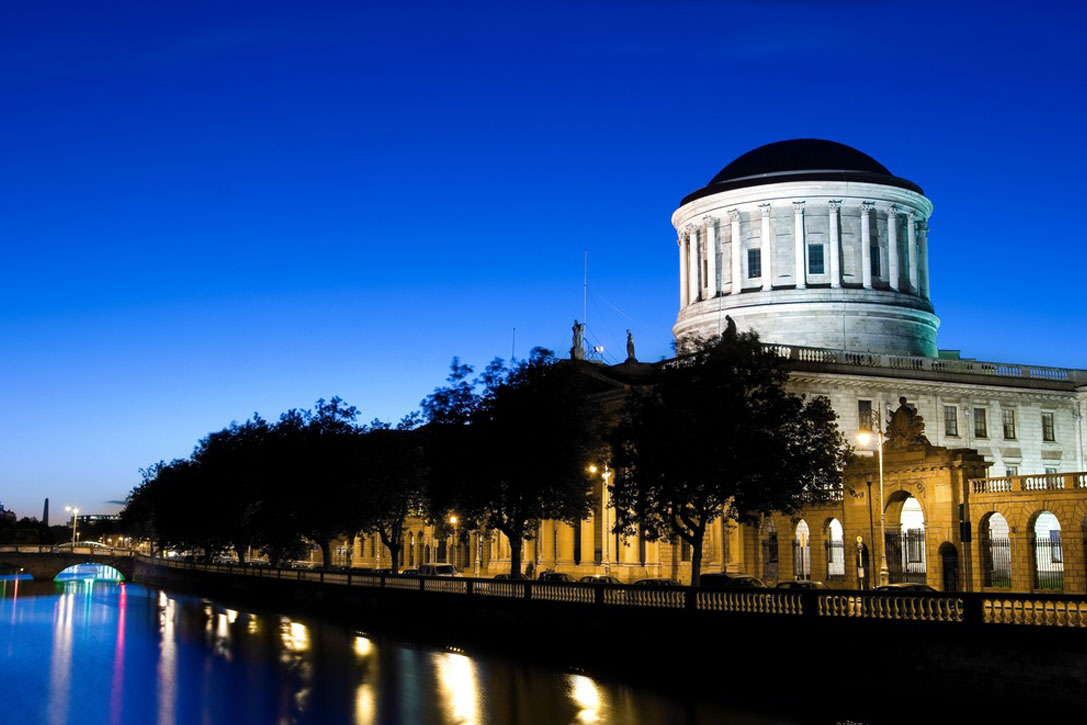Further Information on Making a Will
When should a Will be made?
It is often appropriate to make a will on reaching certain stages in life, such as the following:
- becoming the owner of property/cash
- getting married
- going abroad
- getting divorced or separated
- buying a house
- having children
- inheriting property (or winning the Lottery!)
- If you are in a long term relationship but are not married
- retiring, getting older or suffering illness
Why should you make a will?
- it simplifies the legal process for your heirs and successors
- it makes sure that your wishes are known and taken account of, if you die it enables you to make provision for how
- your children will be brought up, if you are not there it prompts you to make sure that your loved ones and dependents are protected in the event of your death
- it allows you to plan the tax liabilities that may arise on your death
Who can make a will?
Anyone who is over the age of 18 and is of “Sound Disposing Mind” can make a will in this jurisdiction
In order to be considered of sound disposing mind:
- You must understand that the document is being made to dispose of your assets on your death
- You must be capable of knowing what assets you possess
- You must be able to consider those persons who might be expected to benefit from your estate and to decide whether or not to benefit them
The following should be consider when making a will:
Inheritance Tax: Capital Acquisitions Tax becomes payable on the taking of a gift or inheritance The amount of tax payable varies depending on the relationship between the deceased and the person taking the gift and also taking into account any gifts or inheritances which the beneficiary has received previously. When drawing up your will it is important to:
Look at the reliefs available
Consider the possibility of giving a gift
Consider dividing up your property to use all available tax thresholds
Consider taking out an insurance policy to pay Capital Acquisitions Tax
Joint Property:
Property held jointly passes to the survivor on your death, and you are not free to dispose of this property in your will. This is the case where there is clear evidence that this is intended. For example, with bank accounts, it is not unusual to open a joint account for convenience (e.g. where the original holder is elderly and immobile) or for a specific purpose (e.g. to pay for the funeral). It is therefore important when opening such accounts to specify in writing whether the proceeds are intended to pass to the survivor beneficially, or to take specific steps to ensure that your intention is clear as to what is to happen to the account on your death.
Nominations:
Some assets will have been nominated by you during your lifetime, for example it is a requirement of some policies of insurance and credit union accounts that they be nominated. These assets will pass to the person you have nominated automatically on your death and you are not free to dispose of this property in your will.
Marriage:
If you are married then your spouse has an entitlement to a Legal Right Share in your property. If you have no children your spouse has an automatic entitlement to one half of your estate. If you have a spouse and children your spouse has an automatic entitlement to one third of your estate.This legal right share of your spouse will take priority over any bequests in your will.Your spouse also has a right to request appropriation of the family home as part of their legal right share. You should think carefully before making a gift in your will of the family home to someone who is not your spouse. This legal right can be extinguished on separation or divorce so you should carefully review your will after any major life changes.
Children:
Your children do not have any automatic right to a share in your estate on your death. However you are under a legal obligation to provide for your children. If you fail to make proper provision in accordance with your means any child can make an application to the court under S117 of the Succession Act 1965 for provision to be made for them out of your estate.*
*Note that under Irish law, there is no distinction between children born inside or outside of marriage. Adopted children have the same status as natural-born children.
What happens if I die without making a will?
If you do not have a will, there are rules which govern the way in which your estate will be divided. Basically, the division of your estate will be as follows:
- If you are survived by a spouse and children:
Two thirds to your spouse, one third equally among your children - If you are survived by a spouse and have no children
Your spouse will take your entire estate - If you are survived by children but not by a spouse
Children share your estate equally - If you are survived by your parent/s and brothers or sisters
Parents share your estate equally - If you are survived by brothers and sisters
They share your estate equally - If you are survived by :None of the above
Other rules are applied to determine which of your more distant relatives will inherit your estate
